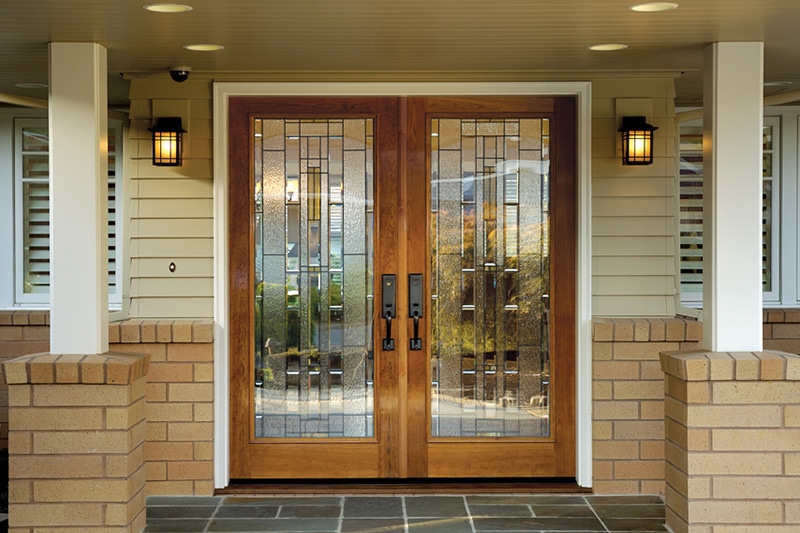Custom home construction in Arizona involves planning for environmental conditions and design goals. Doors contribute to energy efficiency, comfort, and visual appeal. With the region’s climate and architecture in mind, local manufacturers offer insights that support better choices. This article outlines how they add value to custom home builds across the state.
Regional Expertise in Design and Function
Building a custom home in Arizona requires understanding the local environment. The desert climate, temperature shifts, and exposure to dust and sunlight all affect material performance. Collaborating with a door manufacturer in Arizona helps ensure that selections are appropriate for aesthetic goals and long-term durability. These manufacturers are familiar with the region’s demands, which allows for better alignment between design vision and practical needs.
In areas like Phoenix, Scottsdale, and Tucson, where architectural styles vary from modern to southwestern, door solutions must support both form and function. Local manufacturers often develop products that respond to these specific regional requirements.
Customization That Matches the Build
Each custom home project brings unique design priorities. From layout dimensions to finishes and textures, doors play a role in tying interior and exterior features together. A locally based manufacturer typically offers flexible configurations to accommodate different architectural styles. This includes matching wood types, glass options, or hardware elements that complement the rest of the home.
Custom sizes also allow for better alignment with high ceilings or wider entrances, which is common in upscale Arizona properties. With customization built into the process, door systems can be designed to integrate smoothly with a project’s overall design scheme.
Awareness of Local Building Codes and Energy Goals
Arizona’s building codes include specific standards for fire safety, energy performance, and accessibility. Manufacturers based in the state tend to be more familiar with these requirements and can help ensure compliance from the start. This includes options that meet fire rating standards for interior doors near garages or mechanical rooms.
Products that support energy efficiency align with Arizona’s focus on reducing heat transfer and maintaining indoor comfort. Awareness of regional codes helps avoid issues during inspections, allowing construction to move forward with fewer delays. It also assures that installed components meet the functional expectations set by local guidelines.
Simplified Logistics and Communication
Access to a nearby supplier can ease the overall coordination of materials. For builders and project managers working within Arizona, working with a local door manufacturer can reduce wait times and help with scheduling. Shorter delivery routes help minimize disruption from weather or transportation delays that could affect progress.
This local connection also supports more transparent communication about design changes or installation needs. Having a regional contact can be especially useful for site-specific logistics in cities. A streamlined process contributes to better alignment across different phases of the homebuilding timeline.
Options for Unique Residential Features
Custom homes often require more than standard entry or interior doors. Features like wide patio openings, quiet room dividers, or decorative accents may call for doors with exceptional framing or added support. A regional manufacturer may offer more familiarity with these needs, especially when building in communities where such additions are common.
Homes in desert foothills, resort areas, or planned developments often include structural layouts that differ from conventional builds. Supporting these features involves precise measurements and coordination between teams. This attention to detail helps support consistency across all areas of the home.
Working with a door manufacturer in Arizona brings a level of understanding tied directly to climate, materials, and regional styles for residential projects. Their involvement can support smoother planning and help deliver door systems that meet the unique demands of custom builds. These providers contribute meaningfully to completing homes tailored to distinct environments through practical design considerations and close collaboration.







